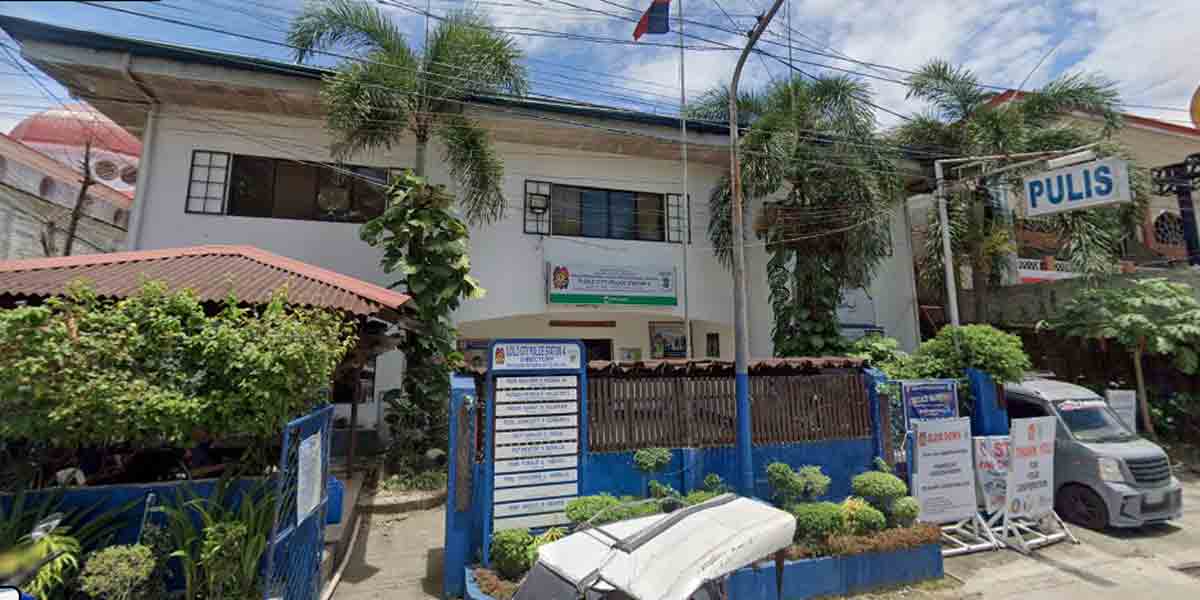
In observance of the Economic and Financial Literacy Week (EFLW) every second week of November, the National Economic and Development Authority (NEDA)-6 organized an interactive forum anchored on this year’s theme “Our Planet’s Health, the Future’s Wealth”.
This was conducted in November 22, 2019 at the RDC Conference Hall, NEDA-VI Office, where more than a hundred representatives from local government units (LGUs), national government agencies, academic institutions, tri-media, and people’s organizations actively participated.
Topics in the forum revolved around the concept of Sustainable Consumption and Production (SCP).

In her opening speech, NEDA-VI Regional Director Ro-Ann A. Bacal called for a collective action through sustainable and responsible use of resources, minimalism, life cycle thinking, and many other conscious decisions.
Bacal also discussed Household Economics and how to calculate, generate and wisely allot resources through a careful review of actual income vis-à-vis expenses, and having savings schemes.

The Chief Economic Development Specialist of the Development Research Division, Maria Teresa G. Guadalupe, presented the overview on SCP. The presentation covered global commitments, the Philippine Action Plan for SCP, as well as concrete ways to sustainably use energy and water resources.
Philippine Commission on Women (PCW) National Gender Resource Pool member, Fe Quanico-Salcedo explicated on the connection between gender roles vis-à-vis sustainable lifestyles, green entrepreneurship, resource management and waste management.

Dr. Cheryl Joy J. Fernandez, an economics professor from the University of the Philippines Visayas (UPV) discussed the circular economy model as one framework for sustainable development. She cited the importance of how Small and Medium-scale Enterprises can play a major role, the gains in adopting the practice related to this model, and the challenges and enablers for SMEs.
Rosa Angela R. Rodriguez, representing the Wala Usik (No Waste) Initiative in Negros Occidental, shared practical and real examples on how to live sustainably through zero-waste practices from the individual to the community level, through personal choices, household consumption, and the sourcing of often-used merchandise.

Video clips shown Video clips shown between each presentation gave an overview about ethical consumption, fast fashion, scarcity and the plenitude economy. With the use of an interactive projector, some of the audience wrote down their commitments towards SCP that includes conscious consumption, working on global commitments, spreading awareness, striking a balance between economic growth and environmental protection, and developing a minimalist mindset. (I.G. Pahila/DRD-NEDA VI)





















